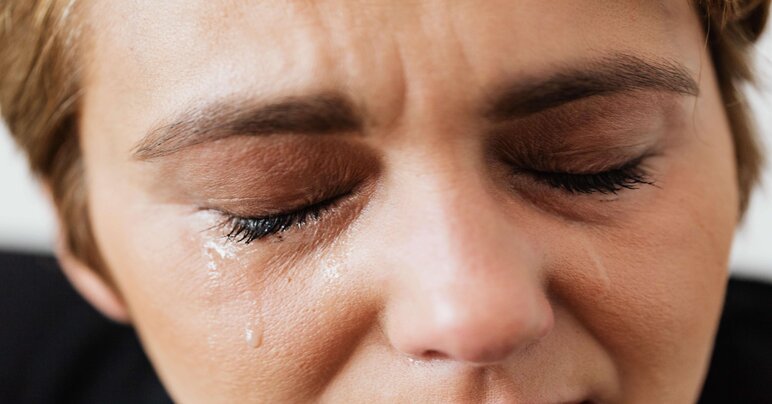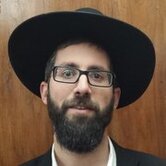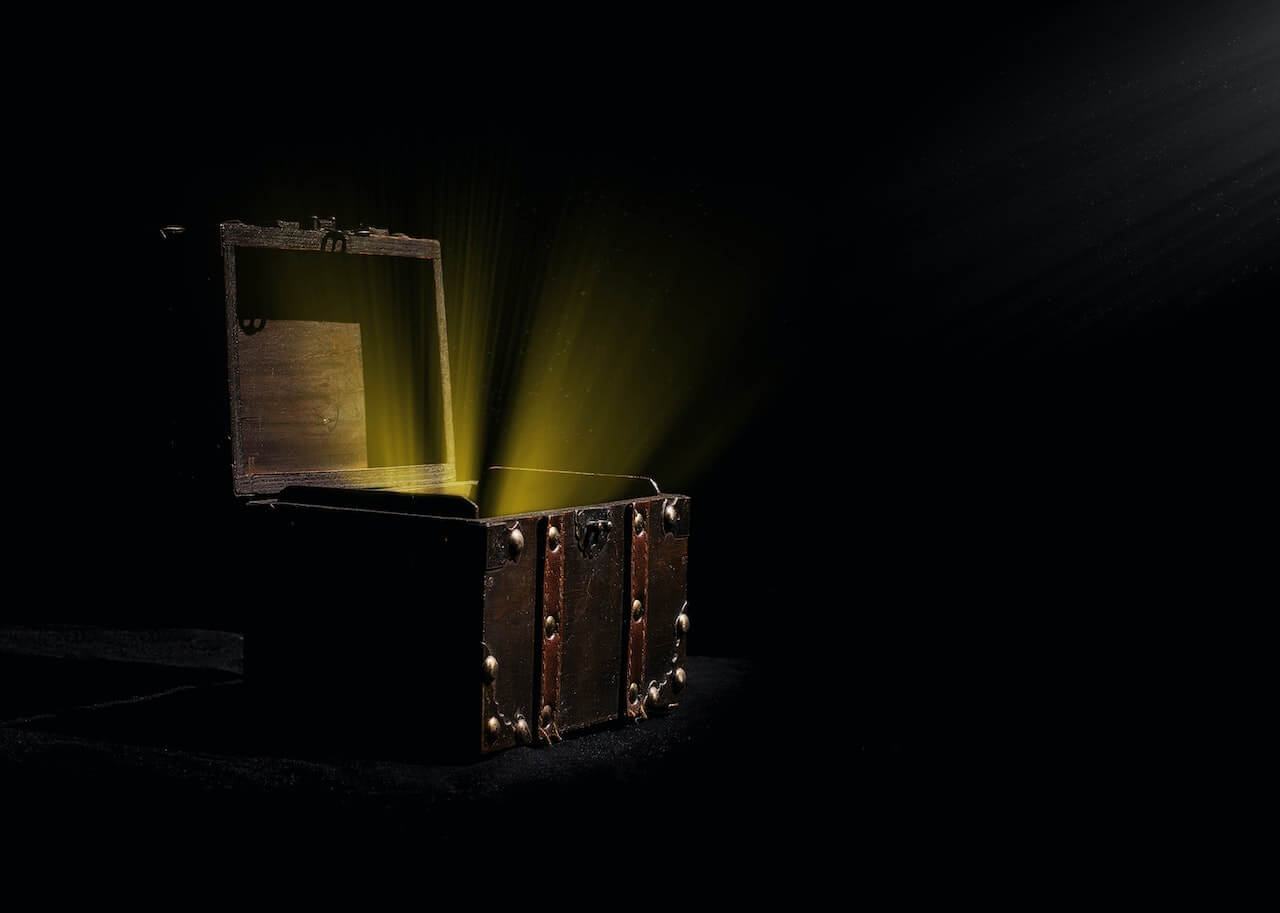Destructive Tears

Human nature is to view a person suffering as an innocent victim. After all, even if he or she may be overreacting, what harm are they doing to others? Tisha B’Av conveys to us that this is far from a simple matter.
Tisha B’Av marks the day the meraglim returned with their negative report about Eretz Yisroel. Chazal (Sotah 35a) tell us Hashem’s message: “They cried for no reason and therefore I will establish this day as a day of crying for generations.” The language is peculiar. Was the sin their mistaken and purposeless tears? Their sin was their lashon hara and lack of emunah.
We see here that Hashem was upset over their tears. Crying and complaining for no reason is indeed a serious offense. While Hashem had lovingly prepared the incredible land of Eretz Yisroelfor their upcoming conquest, they were crying over their terrible fate. Tears of pain are meaningful and powerful, but at the same time they need to be justified.
I see more and more that possibly the most critical aspect of parenting is the perception we have of our child. As much as we say, a child can sense what we feel about him or her.
Take a fifteen-year-old boy who doesn’t wake up for davening. One set of parents can view their child as a great boy who struggles with schedule or just hasn’t developed love and appreciation for davening yet. Another can become distraught over their child’s situation, even crying over it. Those tears, though well meaning, can be destructive, even not in front of the child. One child has parents who think he is great and are fully optimistic about his future growth, while the other has parents who view him as a problem and a failure.
The child of the second set of parents is hurt in many ways. First of all, he will begin to see himself the way his parents see him. Secondly, he will be resentful toward his parents for their unkind view of him. He will reject a close relationship with them. Putting ourselves in our child’s shoes, how would we feel if someone else viewed us in such a negative light?
Yes, we should certainly shed tears in our tefillos for our children. But before we shed tears of pain and anguish over our child’s plight, we need to rethink whether we are accurately viewing our child’s situation. We need to see if we are being overly negative and judgmental in our perception of our child, for those tears can prove harmful. And even where, sadly, there are serious issues that warrant anguish and tears, we still need to try hard to retain a positive and optimistic vision of our child. Often, our anxiety overwhelms us with a far more negative picture than what the reality is.
This is not just relevant to our children. Chazal tell us that the meraglim should have learnt from Miriam not to speak lashon hara. Lashon hara most often stems from bad vision. We see the person in a negative light and then share that vision with our neighbor. Miriam, instead of correctly seeing Moshe’s actions as sacred, viewed them as bordering on arrogance. The meraglim,as well, in their poor and biased vision, spoke negatively about Eretz Yisroel. Klal Yisroel fell for their false take on things and shed those destructive tears.
Our vision of others is incredibly powerful. When we see the good in others and respect them, they can sense it and it builds and encourages them. “Hevei mekabel es kol ha’adam b’seiver ponim yafos - Greet every person with a beautiful face” (Avos 1:15). What is the word “seiver” doing here? Rav Avigdor Miller explained that “seiver” is a language of thought (as in the word sevara). It is not enough to give a phony and superficial greeting. We need to feel that positivity towards the person for real. This makes all the difference in the world.
Our vision has the power to build worlds. It also has the power to destroy. Let us work on ourselves to see the good in our children and others. Let us always remain optimistic and believe in their future. In this zechus, may we speedily merit the times of “umacha Hashem Elokim dimah mei’al kol ponim.”
• • • • •
Rabbi Moshe Kestenbaum works with children, teens, and parents. He now has offices in Passaic, NJ. and Cedarhurst, NY. He can be contacted at kestenbaum4@gmail.com for private appointments or parenting workshops. His shiurim and past articles can be found at heartofparenting.com and waterburyyeshiva.org.
Rabbi Kestenbaum is the author of "Olam Hamiddos,” "Olam Ha'avodah,” “Run After the Right Kavod,” and "The Heart of Parenting.”
Rabbi Kestenbaum works with children, teens, and parents. He now has offices in Passaic, NJ and Cedarhurst, NY. He can be contacted at kestenbaum4@gmail.com for private appointments or parenting workshops. His shiurim and past articles can be found at heartofparenting.com and waterburyyeshiva.org.











